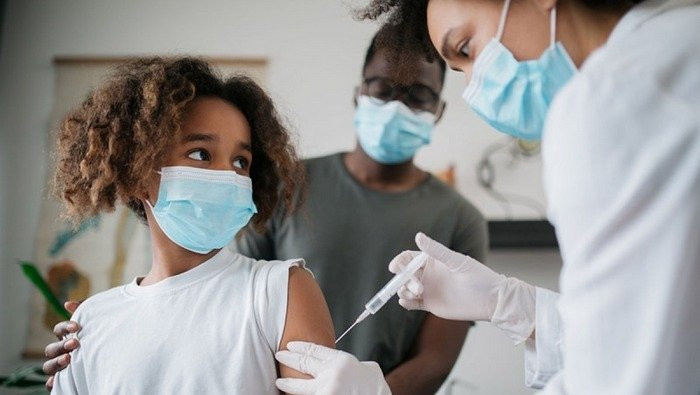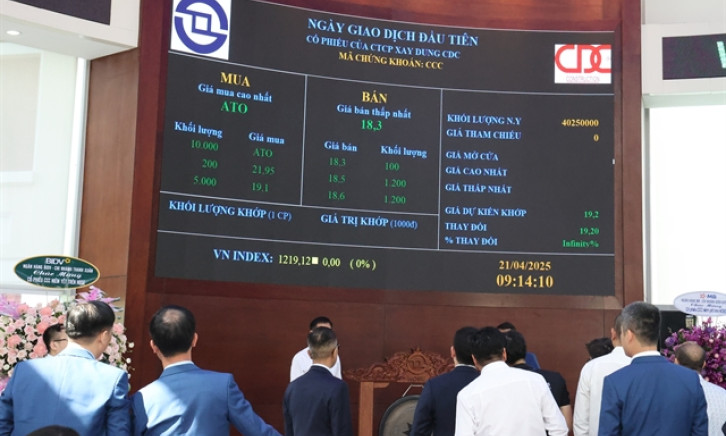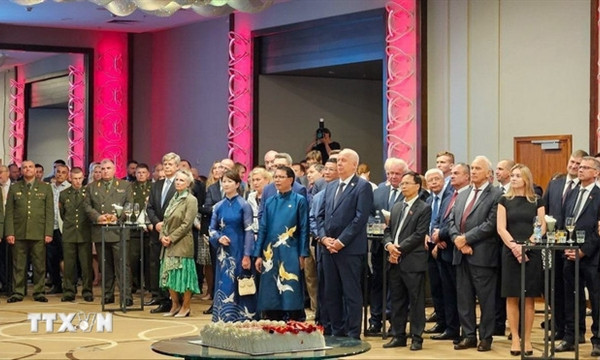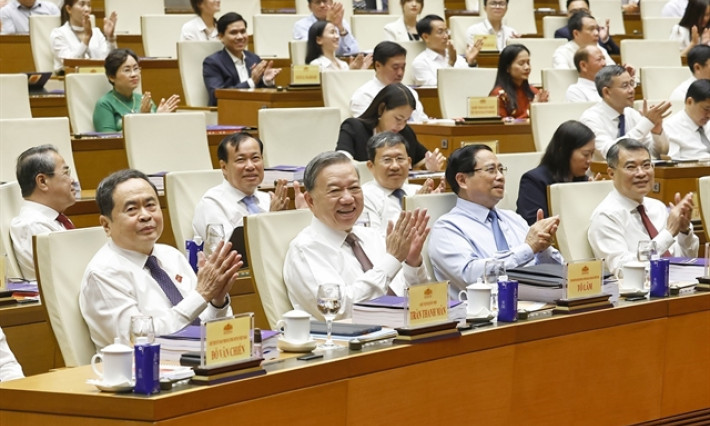Filling the ‘gap’ in vaccination for children
More than two years since its outbreak, the COVID-19 pandemic has severely disrupted vaccination campaigns around the globe, putting many children at risk of dangerous diseases that could have been prevented by vaccines. If the "gaps" in vaccination are not filled soon, the world's epidemic prevention achievements over the past 20 years could be reversed.
In the first three months of 2022, the number of measles cases in Africa increased by 400% over the same period in 2021. According to the United Nations Children's Fund (UNICEF) and the World Health Organisation (WHO), more than 17,300 measles cases were reported globally in January and February, nearly double the same period last year. There have been 21 large measles outbreaks in the world within a year (as of April 2022). In 2021, 24 African nations confirmed epidemics due to a variant of polio and countries reported new yellow fever outbreaks. The actual number may be higher due to disruptions in epidemic tracking systems globally because of COVID-19.
Health experts said that the alarming numbers above partly paint a gloomy picture of the infectious status of diseases that have been controlled thanks to the vaccines launched dozens of years ago. Dr. Matshidiso Moeti, Regional Director of the WHO Regional Office for Africa (AFRO), emphasised that the rise in outbreaks of vaccine-preventable diseases is a warning sign of the epidemic storms that are about to come.
Low vaccine coverage is believed to be the main cause of the re-emergence of diseases and their rapid spread. According to new statistics released by UNICEF, as of April 1, 57 vaccination campaigns have been approved in 43 countries and territories, but have not been implemented. The disruption affected 203 million people, most of whom are children.
In 2020, about 23 million children around the world missed out on basic doses of vaccine and this was the highest level since 2009. In Latin America and the Caribbean alone, one in four children in the region has not received the full routine vaccination schedule. Nearly 2.5 million children have been incompletely vaccinated against diphtheria, tetanus and whooping cough and 1.5 million of them have not had even one dose. UNICEF warned that the drop in vaccination for children is a ‘dangerous step backwards’, which can put their health at risk and cause long-term consequences.
The WHO Director-General Tedros Adhanom Ghebreyesus noted that the COVID-19 pandemic has severely disrupted the efforts in vaccination, causing an overload of health systems globally. Children become more vulnerable to deadly diseases, such as polio, measles, and pneumonia. Therefore, this is an important time for countries to act together to reverse the situation to protect the children and the future of the world.
Before the outbreak of the COVID-19 pandemic, the expanded vaccination campaign in several countries faced many challenges. In countries with conflict and poverty such as Somalia, Ethiopia and Afghanistan, the provision of full vaccines to children was a difficult mission. Weak health systems, inadequate vaccine storage equipment and difficulties in accessing people living in unstable security areas are major barriers to the mission of bringing vaccines to people. Difficulties piled up when the COVID-19 pandemic broke out, shaking the health system. Vaccination facilities were forced to narrow their operations and people were concerned about the risk of infection at the medical centres.
However, despite these challenges, UNICEF Regional Director for Latin America and the Caribbean Jean Gough emphasised that during the post-COVID-19 recovery period, the countries should act soon to reverse the decline in coverage of vaccines. UNICEF and the Global Alliance for Vaccines and Immunisation (GAVI) have worked with their partners to launch the Immunisation Agenda 2030 (IA2030). According to WHO, if it is fully carried out, IA2030 will help prevent about 50 million deaths worldwide.
Quickly bringing essential vaccination campaigns back on track is an urgent task to fill the ‘gaps’ created by the COVID-19 pandemic and prevent the risk of future outbreaks of dangerous epidemics in the future.






